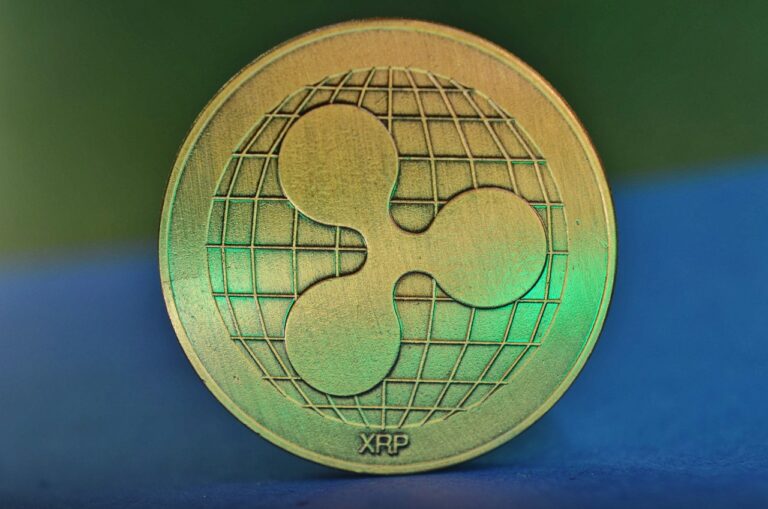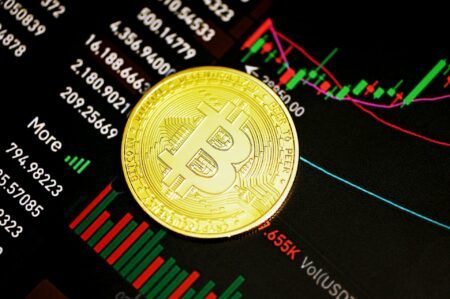Ripple Labs Inc. has lost a round in an ongoing securities lawsuit. A class of investors has successfully secured certification to proceed with their case against the firm. This decision has met with resistance from Ripple, its CEO Bradley Garlinghouse, and its subsidiary XRP II. Despite their objections, the class has fulfilled the essential criteria for certification as stated by Judge Phyllis J. Hamilton of the US District Court for the Northern District of California on June 30.
According to a report by Randi Love for Bloomberg Law published on 3 July 2023, the lawsuit accuses Ripple and its associates of contravening federal and state securities laws. According to available court records, it alleges that the defendants unscrupulously gathered hundreds of millions of dollars through the sale of XRP—which they alleges is an unregistered security—to unsuspecting retail investors.
In her judgment, Judge Hamilton emphasized that the case presents common class issues that outweigh individual differences among the plaintiffs.
In an attempt to thwart the certification, Ripple contended that the plaintiffs could not effectively safeguard the class interests. The company pointed out that several proposed members did not consent to the lawsuit’s basis and that one of the named plaintiffs, Bradley Sostack, made indirect market purchases. These circumstances, according to Ripple, introduced unique defenses to his claims.
Judge Hamilton refuted this argument, stating that the primary question of whether XRP qualifies as a security would be the same for all class members. She added that any divergence among potential class members regarding the lawsuit’s premise could be resolved through standard opt-out procedures. Additionally, the court found no compelling reason to consider Sostack’s indirect purchases or his status as a day trader as grounds for undermining his claim or credibility.
In their defense, Ripple further argued that individual standing issues overshadow common questions and that the class did not propose a shared method to calculate damages. However, the court noted that Ripple failed to present any specific transactions that might raise individual concerns or evidence of transactions on decentralized exchanges.
Judge Hamilton added that Ripple failed to provide any context on the prevalence of transactions involving entities like Tapjets, Time Magazine, and Crypto.com Pay, which received XRP in return for goods or services.
In a final decision, the court certified two federal and California state securities claims classes. The scope of these classes is confined to members who purchased XRP within the US during the stipulated class period from July 3, 2017, to June 30, 2023.
Taylor-Copeland Law and Susman Godfrey LLP represent the plaintiffs, while the defendants are represented by King & Spalding LLP; Debevoise & Plimpton LLP; and Kellogg, Hansen, Todd, Figel & Frederick PLLC.
This case is ongoing under Zakinov v. Ripple Labs Inc., N.D. Cal., No. 18-cv-06753, 6/30/23.
Featured Image Credit: Photo / illustration by vjkombajn via Pixabay









